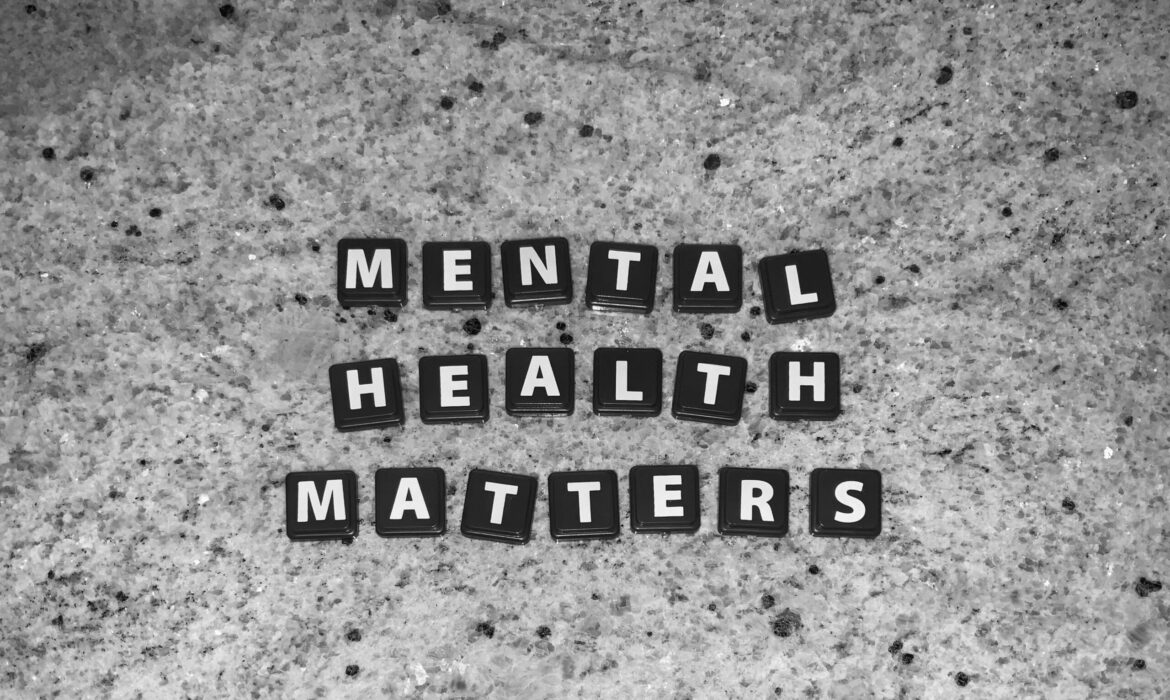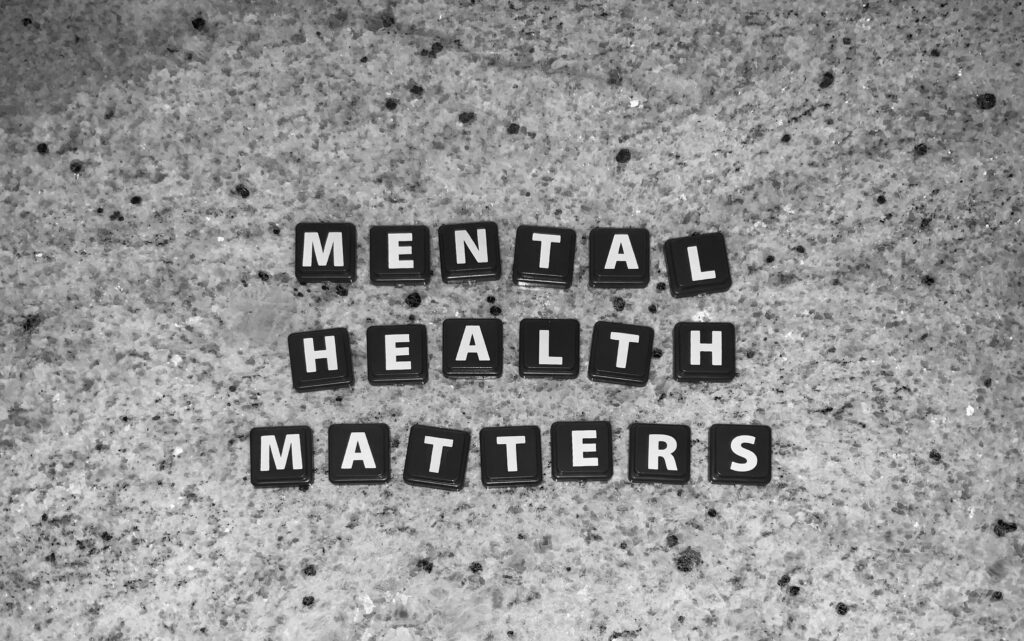There’s a powerful shift happening in the landscape of mental health and community support: it’s called SelfDirection. At its core, SelfDirection is dedicated to empowering individuals to take control of their own lives—through self‑directed care, goal setting, budgeting, and community integration. After browsing their website, I’m inspired by how effectively they combine evidence-based support with heartfelt dedication to autonomy and recovery. You can explore their mission and programs at SelfDirection.
A Clear Mission Rooted in Evidence
From the very first visit to the SelfDirection site, it’s apparent that their model is more than a theory—it’s a proven approach backed by rigorous research. Self‑direction has been shown to foster independence, accountability, and meaningful engagement for participants. This isn’t just anecdotal; it’s real-world impact.
Importantly, participants express how self‑direction fosters tangible life skills—like financial budgeting and accountability—which are often overlooked in traditional care models. One participant noted:
“It gives you responsibility in money handling.”
That’s autonomy empowering autonomy—and that’s precisely what SelfDirection champions.
Genuine Stories of Growth & Recovery
SelfDirection doesn’t just present statistics; they feature moving testimonials that breathe life into their work. A participant said:
“In the 55 years I’ve been on this planet, this is the best I’ve felt… a way and a means of feeling accepted, feeling like I could be me.”
Hearing voices like John, Julie, Wesley, Susan, Robert, and Cindy—who recount how self‑directed care helped them “find a passion and a purpose”—creates a profound emotional connection. It illustrates how SelfDirection fosters hope, identity, and self-actualization.
A User-Centered, Participant-Led Process
What distinguishes SelfDirection is its commitment to user-led planning. Instead of adopting a top-down model, they place participants at the heart of the process. Clients work with support brokers to:
Identify recovery goals
Design individualized budgets
Choose services and supports aligned with personal aspirations
This model reflects a respectful, partnership-driven method—empowering individuals rather than treating them as passive recipients.
Practical Support for Real-Life Independence
SelfDirection equips participants with more than dreams—they get actionable tools and frameworks:
Individualized budgeting lets people allocate resources to what matters most
Person-centered planning ensures flexibility and control
Support brokers offer accountability and guidance while respecting autonomy
This hands-on structure bridges the gap between intention and independence, as individual responsibility is reinforced through support—not fought against.
Anchored in Research & Best Practices
Programs like SelfDirection aren’t built on hope alone—they’re informed by solid research. Studies confirm that self‑direction improves employment, housing stability, and community participation. Meanwhile, findings in behavioral health programs highlight how self‑managed structures enhance collective responsibility, trust, and service effectiveness.
Using these insights, SelfDirection emphasizes practices such as:
Collective accountability
Empowered decision-making
Well-being as a shared responsibility
This alignment with proven methods lends credibility—and effectiveness—to their programs.
A Culture Built on Trust and Transparency
One standout feature of SelfDirection is the way it fosters mutual respect—between participants, staff, and brokers. Rather than reinforcing a hierarchy, they cultivate a culture based on shared ownership of goals, progress, and outcomes.
Indeed, participants often report that:
Working on recovery feels self-led, not directionless
Support brokers “hold me accountable… very uncomfortable” in a helpful, growth-oriented way
This careful balance of autonomy and support maintains structure without stripping away independence.
Holistic Care Beyond Clinical Metrics
SelfDirection’s approach extends well beyond therapy appointments—it addresses full-spectrum life needs:
Daily activities that counter isolation
Financial empowerment and budgeting skills
Community participation and social connection
Emotional well‑being and identity work
This multidimensional framework shapes not just recovery—but meaningful, sustainable living.
Seamless Access to Help & Resources
Navigating mental health services can be overwhelming—especially for those already under stress. SelfDirection simplifies access: their website provides clear guidance on eligibility, planning steps, support brokers, and budgeting processes. It’s an entry point designed to welcome and orient users, not discourage them.
Final Thoughts: Championing Autonomy Through Action
SelfDirection champions a shift from passive care models into participant-led transformation. Their evidence-based practices, human-centric design, and deeply respectful culture combine to create a model of care rooted in dignity and empowerment.
If you’re seeking a service that encourages you—or someone you care about—to lead your own path, equip yourself with real-life skills, and define your own recovery, then SelfDirection is a beacon of hope and possibility.
To learn more or begin your journey toward self-directed recovery, visit SelfDirection.


